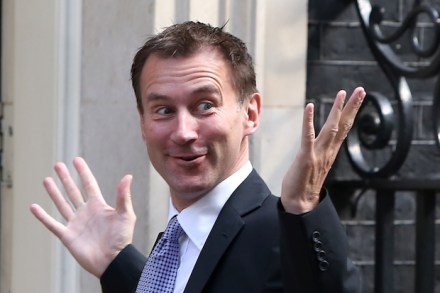Caught on the net
What, if anything, should a moral, liberal-minded person think about the hacking of the infidelity website Ashley Madison? And by ‘liberal-minded’, please note, I do not mean ‘Liberal Democrat-minded’, for such a person would perhaps merely think ‘Can I still join?’ and ‘I wonder if my wife is already a member, though?’ and ‘But will I find anybody prepared to do that thing I like with the pillow and the chicken?’ Rather, I mean somebody who believes in the sometimes jarring moral precepts that ‘People should be free’ and ‘People should not be a bit of a scumbag’. Ashley Madison, you see, is a website claiming 37 million users worldwide


















